
A German court forced us to remove part of a Wikipedia article’s ‘history.’ Here’s what that means.
Three months ago, a German court ruled that part of a Wikipedia article—found to be defamatory in a previous court decision—had to be removed from both the article and its associated revision tracker, known as a “history” page. (History pages allow anyone to see how a Wikipedia article has developed since they were created, in….
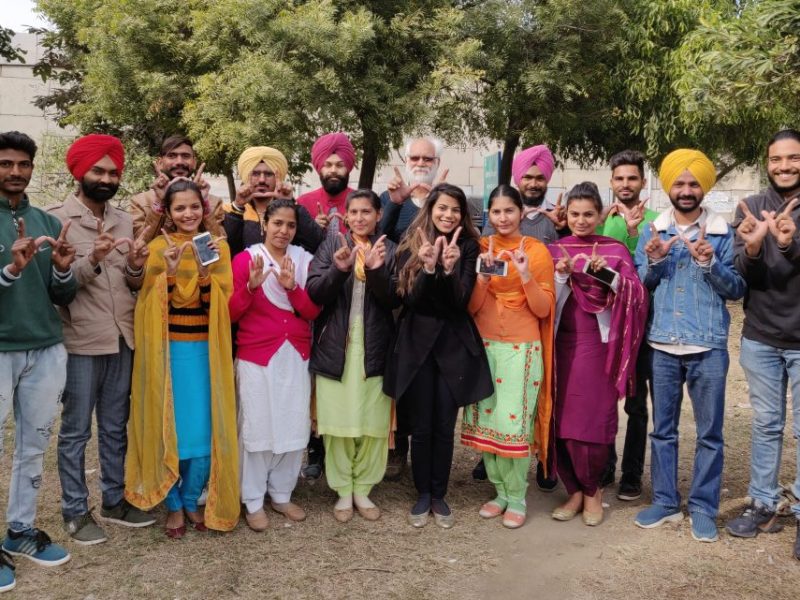
Spotlighting knowledge equity among the newest twenty community-led Project Grants
The Wikimedia Foundation and the Project Grants Committee are excited to announce the newest successful grantees from the Project Grants program. Project Grants provide community members with funds to pursue their ideas for improving Wikimedia projects. These grants support individuals, groups and organizations in implementing both new experiments and proven ideas. Projects vary widely in….
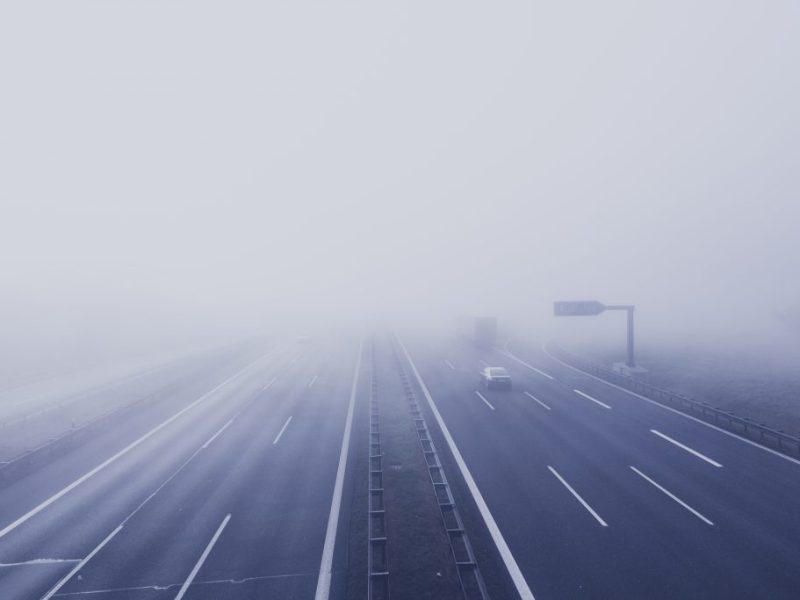
Four things European legislators can do to not break the internet (again)
The European Union (EU) Commission’s proposal for a Regulation on preventing the dissemination of terrorist content online runs the risk of repeating many of the mistakes written into the copyright directive, envisioning technological solutions to a complex problem that could bring significant damage to user rights. The proposal includes a number of prescriptive rules that….
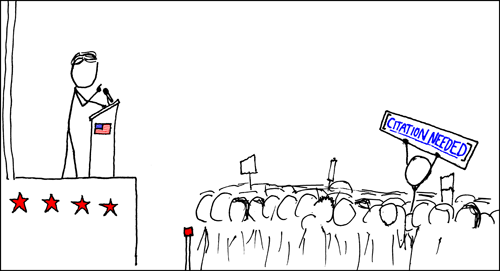
Can machine learning uncover Wikipedia’s missing “citation needed” tags?
One of the key mechanisms that allows Wikipedia to maintain its high quality is the use of inline citations. Through citations, readers and editors make sure that information in an article accurately reflects its source. As Wikipedia’s verifiability policy mandates, “material challenged or likely to be challenged, and all quotations, must be attributed to a….
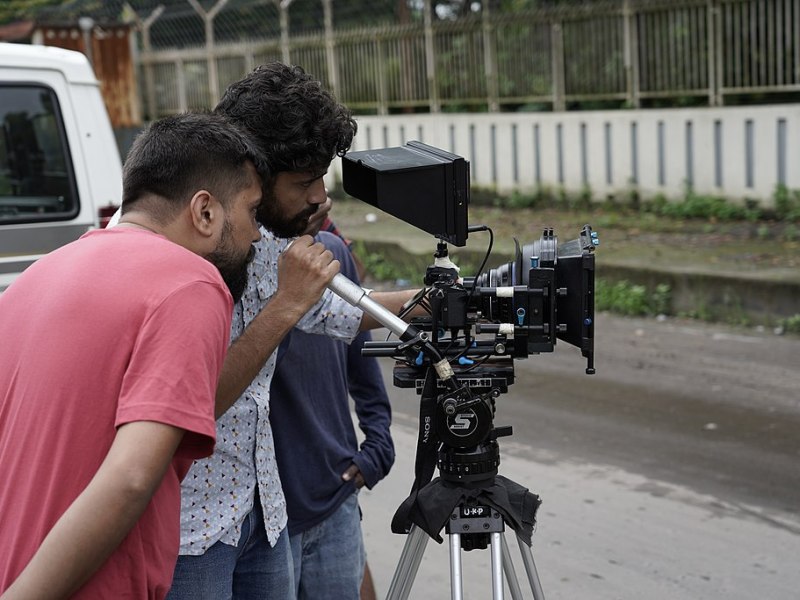
What we learned from inspiring new Wikipedia readers all around the world
How do we get Wikipedia to every corner of the world? How can we share the joy of free knowledge with people who have never heard of our website? In 2018, we asked Wikipedia’s volunteer editing communities all over the world to think creatively about expanding the reach of the free online encyclopedia. Through a….
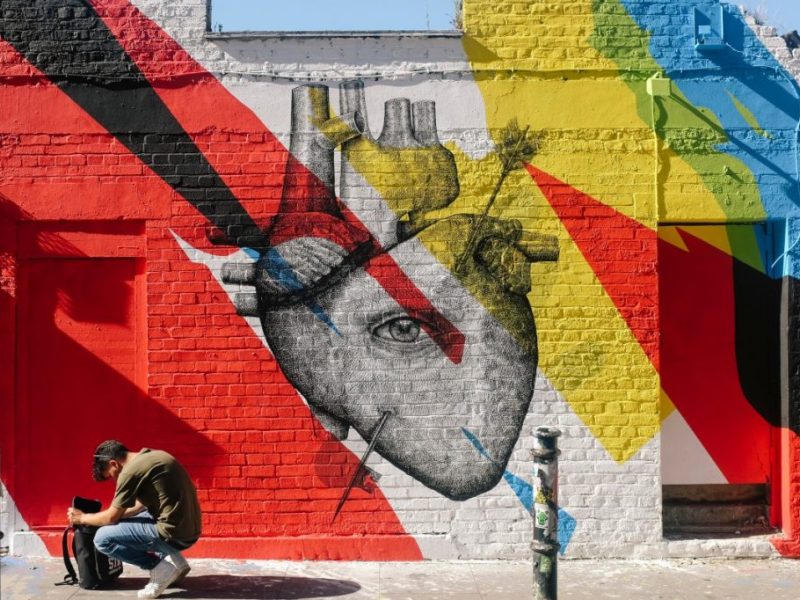
Announcing the Heart of Knowledge contest: Help us illustrate why knowledge matters
From time immemorial, human beings have obsessed over knowledge. It’s one of our most precious resources, and our most jealously guarded. We’ve accumulated it gathering in circles under trees and squeaky chairs in sloped lecture halls, distributed it in etchings on stone tablets and inky letters on paper pages, even sought to hide it by….
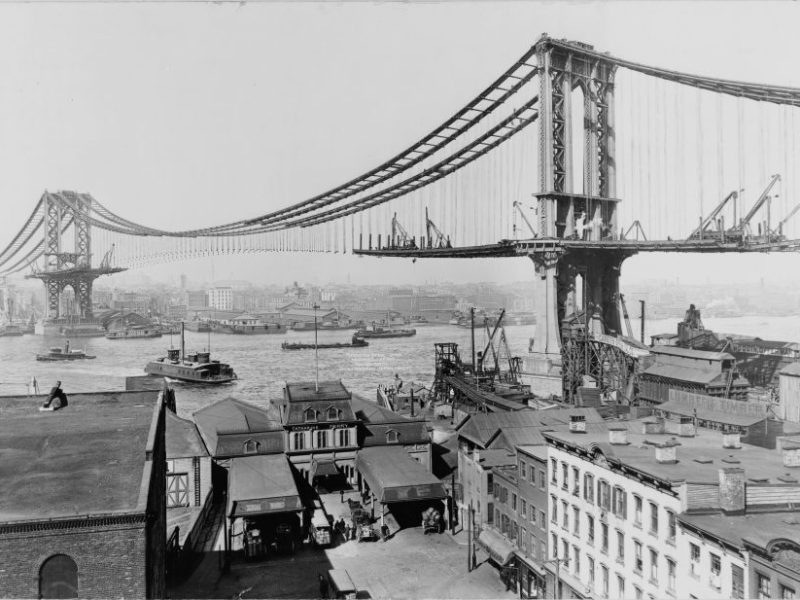
Joining the World Wide Web Consortium
We’re excited to announce that we’re becoming a member of the W3C, the main international standards organization for the World Wide Web. Founded by Tim Berners-Lee in 1994, W3C works with hundreds of organizations to ensure that the web’s basic building blocks—like HTML or CSS—remain consistent across browsers, platforms, and more. You can learn more….
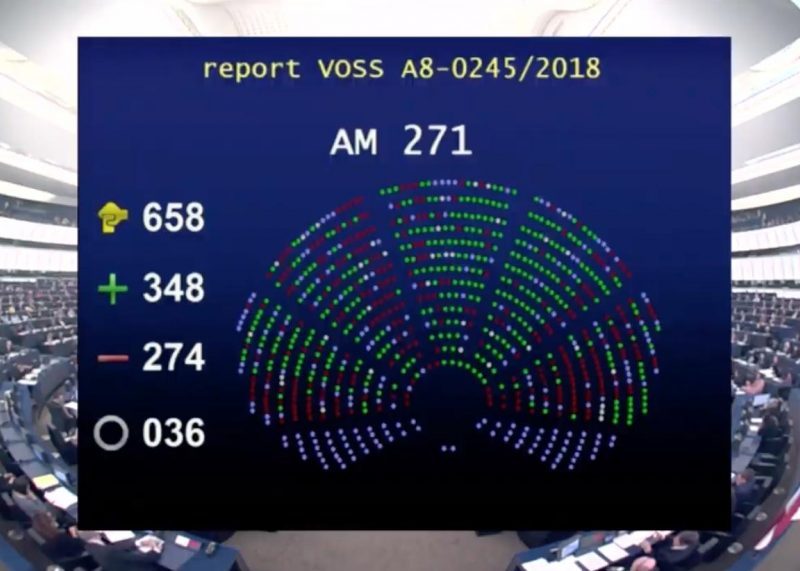
European Parliament limits internet freedom in controversial copyright vote
Today, the European Parliament voted 348–274 to pass a new copyright directive that includes problematic rules that will harm free knowledge. They did so after years of discussions, revisions, and more recently street protests. We believe that this is a disappointing outcome, the impacts of which will certainly be felt for years to come. As….
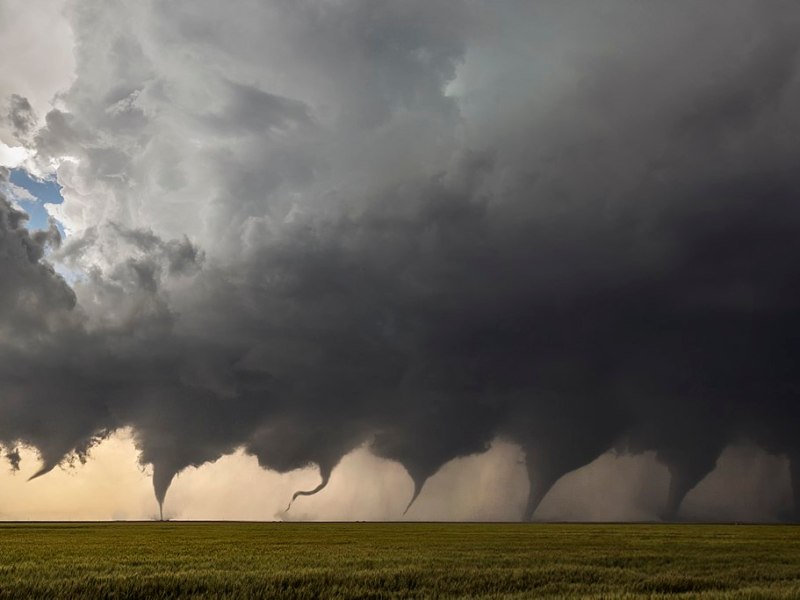
A picture of the year so unbelievable, it has its own Snopes entry
Wikimedia Commons, the repository for educational media content that hosts most of the images used on Wikipedia, has announced its photo of the year.* Nearly 3,500 people chose between 57 images in the final round of the competition. Jason Weingart’s Evolution—a composite timelapse showing the development and frightening expansion of a tornado—took the top prize.….
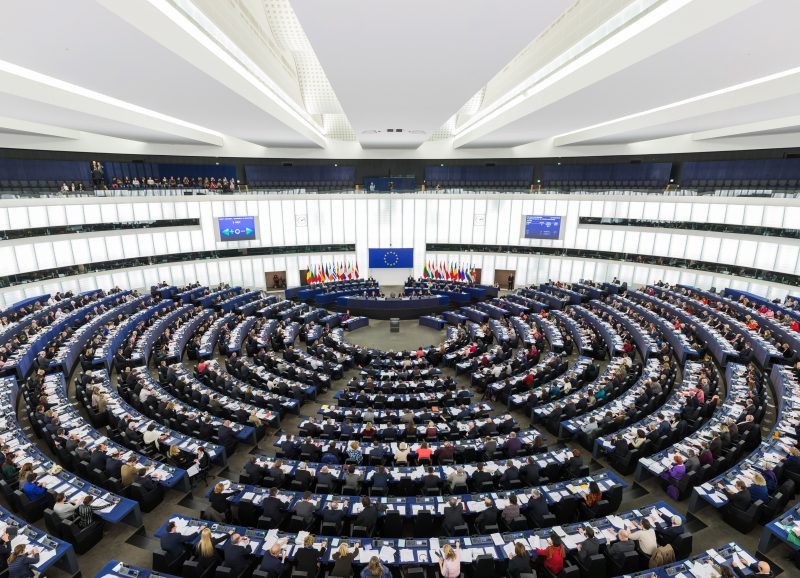
Four Wikipedias to ‘black out’ over EU Copyright Directive
Update, 25 March: The Italian, Galician, Asturian, and Catalan Wikipedias have blacked themselves out today to protest the EU Copyright Directive. Other language versions of Wikipedia have chosen to show site banners above their content. Wikipedia’s volunteer editing communities make decisions like this independently. More on that, and our unaltered original post, is below. •….
Help us unlock the world’s knowledge.
As a nonprofit, Wikipedia and our related free knowledge projects are powered primarily through donations.
Donate now